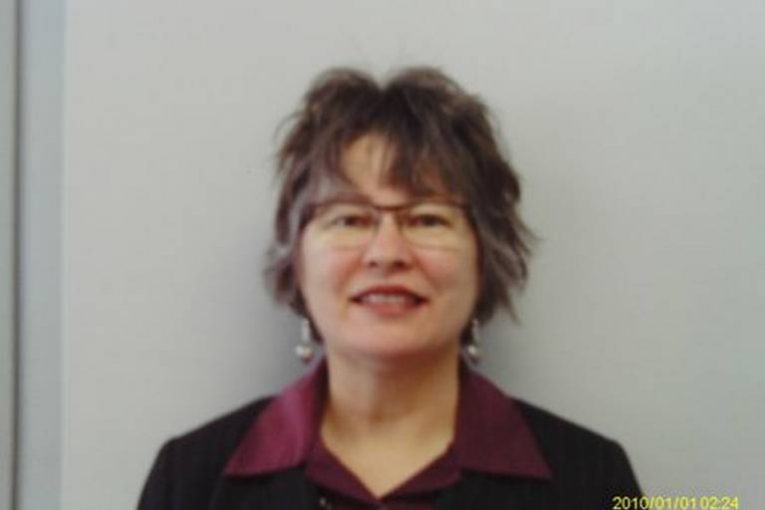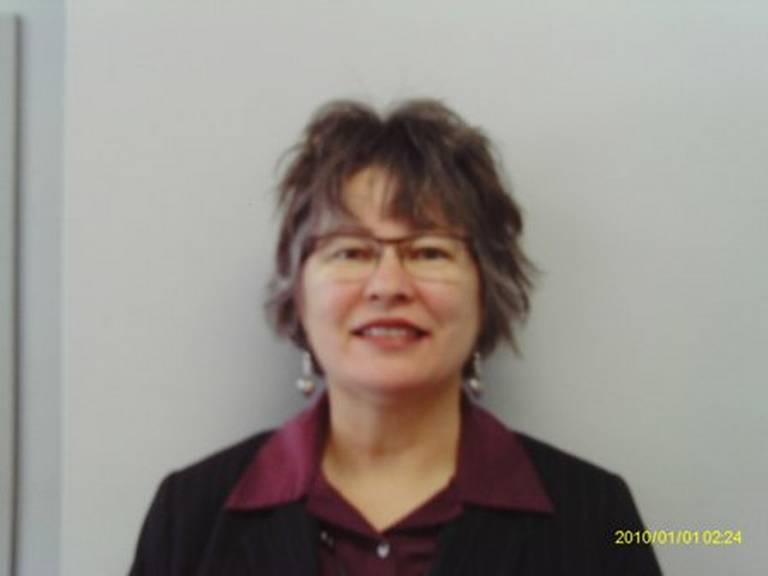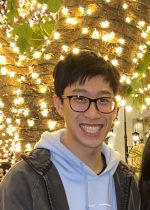

By Nickolas Kwok and Julian Verdon
KANSAS – A law enforcement officer attempted to shed some light here Tuesday by recounting his investigation of Dana Chandler during day two of the hearing for prosecutorial misconduct and prosecutorial error filed against former Shawnee County Deputy DA Jacqie Spradling.
Spradling’s alleged misconduct was for a 2012 murder case where Chandler was accused of murdering her ex-husband and his girlfriend. Spradling allegedly presented false evidence, made an improper comment to gain sympathy, and disregarded the judge’s order not to reference people during trial.
The allegations set forth in the Chandler case include falsely leading a jury to believe the defendant had violated a protective order, one allegedly obtained by her late ex-husband. This protection-from-abuse (PFA) order was never found, but more importantly, no physical evidence connected Chandler to the crime.
In addition, Spradling claimed a short phone call was made between the late ex-husband and the fiancée confirming their engagement just a few days prior to the murders. This was a key piece of evidence showing that the defendant had a motive to murder the two individuals.
The hearing began Tuesday with Deputy Disciplinary Administrator Matthew J. Vogelsberg questioning law enforcement Officer Richard Volle about the phone calls Chandler made leading up to the murder.
At one points, Volle was asked about Spradling’s work ethic, to which he responded, “She is the bane of detectives because we end up working the same case over and over again until it reaches her satisfaction. She is a very good prosecutor.”
Volle had said that there was one five-minute phone call between Chandler and the victim which took place two days before the murder, allegedly prompting Chandler to travel to Topeka.
Volle hypothesized that the phone call between Chandler and her ex-husband was significant and related to the murder.
However, Vogelsberg then asked, “You don’t know what was actually discussed in the phone call?” Volle affirmed that he did not know that it prompted Chandler to travel to Topeka, and that it was just a theory.
Volle later stated that Chandler would not have left Denver until the day after the phone call. This would set her traveling time as the day before the murder, as it would take eight hours to travel from Denver to Topeka.
Volle was the first officer to notify Chandler after the murder, and he spoke to her about five to six hours after her ex-husband’s reported murder. After this, Volle also questioned Chandler about her travel plans and the route that she took, and Chandler gave a rundown of her plans to go around the mountains and hike at certain locations. She also gave a route to Volle about where she had traveled.
Volle attempted to ascertain precisely where she had been during the time of the murders. “It was my opinion she was just making it up as she went along (with my questioning),” Volle said.
According to Volle’s calculations, Chandler’s gas mileage did not match what it would have taken to go her alleged route. She also told a witness her supposed travel route, which differed from what she told Volle.
“I calculated the route she told me and the one she told to (the witness), and neither were close to the (actual) mileage. (. . .) (I did so) to learn if it was possible for that amount of fuel to where she would have ended up. (. . .) In this case, it disproved both of the routes (. . .), and the significance turned out to be (. . .) that she told me one thing and (the witness) another,” testified Volle.
Vogelsberg also questioned Volle about the distance and amount of time between where Chandler made a gas purchase and Topeka. Both the murders had occurred in the early morning in Topeka, and by 5 p.m. Mountain Time, Chandler was already in Loveland, Colorado.
Volle stated that someone could easily do this with the distance between Topeka and Lublin. However, this was all theory as there was no evidence of an exact route taken. Volle’s theory is that a route could also have been taken to go through Nebraska to get back to Colorado, instead of the usual way using the I-70 to Denver.
Vogelsberg continued to question Volle about whether Spradling knew about this route and had asked Volle to speak about it during the court hearing. To this, Volle answered that she did not.
The direct questioning ended with Volle stating that he did not rule out any of the routes, as they would all have taken her back to Loveland within the set timeframe. However, this is assuming that she was in Topeka in the first place. And there was no direct evidence that Chandler was in Topeka on July 7.
Next, Spradling’s attorney, LJ Leatherman, began his cross-examination of Volle, questioning Volle about whether he thought there was a PFA, to which Volle replied that he had heard this from multiple family members but could not remember specific names.
Leatherman also questioned how Volle knew that the five-minute phone call could trigger Chandler to allegedly commit a homicide. In response, Volle stated that triggers are something that detectives are trained to notice.
To back up his case, Volle also stated that with help from FBI agents and other investigators on the case, they also instantly agreed that the phone call triggered Chandler to go after her ex-boyfriend. Volle could not remember who specifically spoke to Spradling and gave her the information about the trigger, but he could assure the court that someone did.
Earlier in the hearing, when discussing the call with other investigators, Volle stated, “It was a consensus that that was a trigger call. That call triggered what occurred.”
Volle also elaborated that a trigger does not necessarily mean an act occurred right after it.
“You don’t want to think of a trigger as being as when the murder occurred. There is an eight-hour driving distance to when the trigger occurred and the murder. That was the consensus we reached,” Volle explained.
When questioned more about how Volle knew that this specific phone call was the trigger, Volle responded by saying that the rest of the phone calls and voicemails between Chandler and the victim were concise. Everything was under one minute.
Leatherman also brought into question the evidence that both the victims’ families were going to meet with them on July 7. He also pointed out that police found Jamaican travel flyers at their home, which he insinuated showed their recent engagement.
Another piece of evidence Leatherman had brought up is how Chandler went dark and did not use her phone from the time of the murder till after she arrived back in Loveland.
Leatherman questioned Volle saying, “Do you think (Chandler) considered herself smarter than law enforcement?” In response, Volle stated, “Yes.” However, both theories about why Chandler went dark and the Nebraska route taken to Loveland are circumstantial.
 Nick is a second year at UC Davis double majoring in English and Asian American Studies, he is also from Diamond Bar, CA (LA County)
Nick is a second year at UC Davis double majoring in English and Asian American Studies, he is also from Diamond Bar, CA (LA County)
Julian Verdon is a senior at UCLA majoring in English. He is from Los Angeles California.
To sign up for our new newsletter – Everyday Injustice – https://tinyurl.com/yyultcf9
Support our work – to become a sustaining at $5 – $10- $25 per month hit the link:




